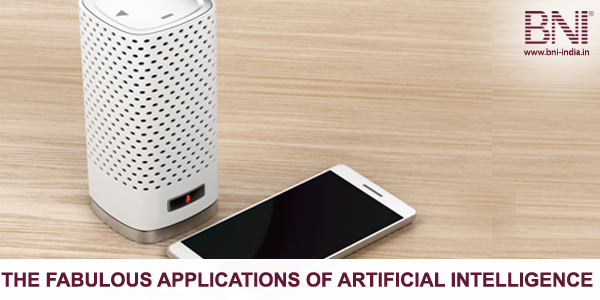The importance attached to the use of Artificial Intelligence in manufacturing facilities (AI) ranges from ‘highly important’ to ‘absolutely crucial for success’, so we can confidently say that AI is not only the next big thing on factory floors but is here to stay!
So now let’s move on to see why AI has gained such positive approvals:
Sharper Than An Eagle Eye: The teeny tiny defects which the most expert, eagle-eyed human could miss is picked up by machine- vision tools which are designed to pick defects on circuit boards at resolutions well beyond human vision.
Not just that, this eagle eye clicks images of the defect and sends it to the concerned person to make corrections and then hands the corrections back to the machine.
A machine-learning algorithm which has been tried & tested on remarkably small images makes this wonderful AI application possible.
Engineering Design In A Blink: Engineers used to spend a lot of time trying out different design options while making a machine or part of a machine. But AI uses Generative Design a software into which the designers/engineers input the design goals, parameters, cost constraints and manufacturing methods. The software then, based on all this, generates design alternatives by exploring the different permutations & combinations. Finally, the software uses the machine learning to test the iteration and see which works and which doesn’t. Experts say that the software completes 50000 days of engineering work in 1 day!
Virtual environment informs application in the physical world: When you are working with an equipment from a remote distance, you can use a sensor which is embedded in the physical item and collects all data like the real-time status, working positions & condition and sends them to the manufacturer who can make changes accordingly. This can not only correct errors if any but also opens opportunities to learn & try something different.
Predictive Maintenance Is Possible: Maintenance is a manufacturer’s nightmare or a blessing, and with AI it certainly is a blessing since it’s predictive rather than preventive. Timely reports sent by the AI about the conditions( in the form of alerts etc…) can lead to resolving machine issues, if any, at the right time. Sound sensors & torque monitors help assess the state of the machinery; AI in this aspect brings all operators to the same level; make sure you hand the unskilled workforce virtual reality glasses so that they don’t miss anything!
